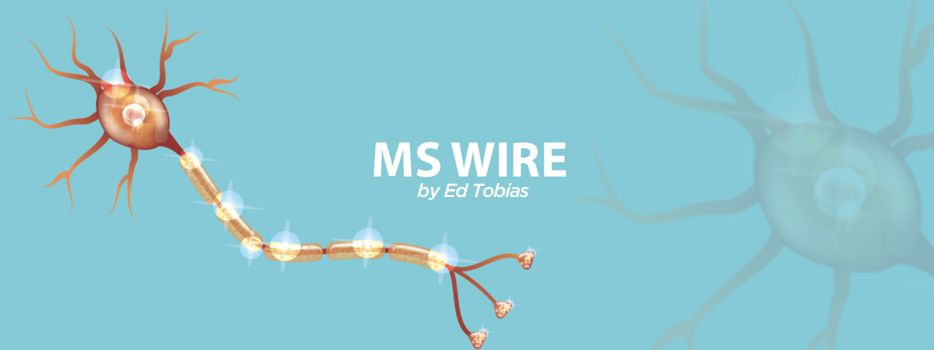MS News That Caught My Eye Last Week: Typing Patterns and MS Progression, Cognitive Testing, Multitasking, Autoimmune Registry

Smartphone Typing Patterns May Be Tool for Monitoring MS Progression, Study Finds
This is an interesting concept that makes sense. Like the nine-hole peg test that some neurologists use to test finger dexterity, and like some apps that attempt to measure this, monitoring how quickly, and in what manner I can move my fingers might allow a physician to track the progression of my disease. It could be done remotely and frequently.
But I heard a news story the other day warning of a possible security risk posed by monitoring the typing patterns of smartphone users. The story reported that if a pattern can be matched to an individual, that person’s smartphone could be traced, even if the GPS is disabled.
Let’s remember that an idea like this brings with it the potential for risk as well as benefit.
Typing patterns in daily smartphone use show clinically relevant changes over time in people with multiple sclerosis (MS), but not among healthy individuals, a study shows.
Notably, these variations often coincided with clinically meaningful changes in measures of disease activity, disability, and/or fatigue in MS patients with and without changes in brain lesions.
Click here to read the full story.
***
Software Platform May Allow for Automated MS Cognitive Testing
Here’s another case of technology meeting MS. In this case, a website replaces paper and pen for several tests based on the Brief International Cognitive Assessment for MS and the Beck Depression Inventory. This sounds to me like a work saver but not a testing game-changer.
A software platform, called CogniSoft, allows for automated assessments of cognitive health in people with multiple sclerosis (MS).
The platform was described in the study “CogniSoft: A Platform for the Automation of Cognitive Assessment and Rehabilitation of Multiple Sclerosis,” published in the journal Computers.
Click here to read the full story.
***
MS Patients With Depression Symptoms Have More Difficulty Multitasking, Study Shows
You’re at work. You’re a little depressed, you’re juggling several balls, and you’re having trouble concentrating. This study points to a possible MS-related reason.
Patients in the early stages of multiple sclerosis with mild to moderate symptoms of depression performed worse on cognitive tests related to multitasking than on those focused on single tasks, a study has found.
Notably, no such association was observed among healthy individuals, suggesting an MS-related link between mood, or depression symptoms, and multitasking — when a person’s attention is divided across more than one task at a time.
Click here to read the full story.
***
Autoimmune Registry Releases Comprehensive US List of These Diseases
This is more than just a list of 150 or so autoimmune diseases, including MS. It’s a dynamic database that lists the prevalence of each disease and reports the number of people with that diagnosis. If you enroll in the Autoimmune Registry, you’ll receive news about the latest research, treatments, and trials for your disease.
The nonprofit Autoimmune Registry (ARI) has published its first comprehensive list of autoimmune diseases, with information addressing more than 150 disorders, their subtypes, and prevalence in the U.S.
This list was created in part to provide patients and scientists easy access to the latest peer-reviewed research, information on clinical trials, and patient groups for autoimmune diseases.
Click here to read the rest of the story.
***
Note: Multiple Sclerosis News Today is strictly a news and information website about the disease. It does not provide medical advice, diagnosis, or treatment. This content is not intended to be a substitute for professional medical advice, diagnosis, or treatment. Always seek the advice of your physician or other qualified health provider with any questions you may have regarding a medical condition. Never disregard professional medical advice or delay in seeking it because of something you have read on this website. The opinions expressed in this column are not those of Multiple Sclerosis News Today or its parent company, Bionews, and are intended to spark discussion about issues pertaining to multiple sclerosis.







Leave a comment
Fill in the required fields to post. Your email address will not be published.